(Page 114)
Introduction
I.1 Past simple
We form the past simple (affirmative) form of regular verbs by adding-ed.
+ -ed work→ worked play → played
If the verb ends in -e, we add -d.
+-d dance → danced die → died
If the verb ends in a consonant + -y, we change -y to -i and add -ed.
-y → -ied study → studied cry → cried
If the verb ends in a short stressed vowel + a consonant, we double the consonant and add -ed.
-p → pped drop → dropped
Some verbs have irregular past simple (affirmative) forms. There are no spelling rules for these forms; you need to learn them by heart. See the irregular verb list in the Workbook.
For the negative, we use didn't + the infinitive without to. For the interrogative, we use did + subject + infinitive without to.
We didn't arrive on time.
Did you bring any food?
The past simple of be is I / he / she / it was or you / we / they were. The past simple of can is could. For the negative and interrogative forms of be and can, we do not use did / didn't.
They weren't at school. Were they ill?
I couldn't see the stage. Could you see it?
1 Complete the sentences with the verbs in brackets. Use the past simple affirmative.
1 I____________ Turkey in August. (visit)
2 The weather ____________ great in July. (be)
3 The sea was warm, so we ____________ swim. (can)
4 I____________ you a postcard. (send)
5 I____________ English at a school in Brighton. (study)
6 We____________ every day. (sunbathe)
7 I____________ kayaking in June. (go)
2 Make the sentences in exercise 1 negative.
3 SPEAKING Ask and answer using the prompts below. Use the past simple. Give extra information in your answer.
buy anything last weekend do any sport during the week
go out last night have a big breakfast
phone anybody yesterday send any texts

Did you go out last night?
No, I didn't. I stayed in and watched TV.
I.2 Contrast: present simple and present continuous
We use the present simple:
• for something that always happens or happened regularly (e.g. every week, often, sometimes).
Laura cycles to school every day.
• for facts.
Cows eat grass.
We use the present continuous:
• for something happening at this exact moment or around this time.
Luke is wearing a T-shirt. (at this moment)
Luke is working hard this term. (around this time)
• for future arrangements.
We're playing volleyball tomorrow.
We can use dynamic verbs in simple and continuous forms.
I work in London.
Dad's working in the garden.
Verbs describing a state or situation (stative verbs) are not
usually used in continuous tenses.
I understand. (state of mind)
NOT I'm understanding. X
Who does this watch belong to? (possession)
NOT Who is this watch belonging to? X
Common stative verbs:
• hate, like, love, need, prefer, want, wish;
• believe, know, mean, realise, recognise, remember, suppose, understand;
• belong, contain, depend, matter, owe, possess.
There is a group of verbs that can be used as either stative or dynamic verbs. These are some of them:
appear, consider, feel, look, see, smell, taste, think.
What are you thinking about? (dynamic - to think)
What do you think of my new tie? (stative - to have an opinion)
We're seeing John next week. (dynamic - to meet with somebody)
I see what you mean. (stative - to understand)
1 Complete the sentences with the verbs in brackets. Use the present simple or the present continuous tense.
1 'Where__________you __________ (go)?'
'To the shops. I __________ (need) to get some bread.'
2 __________you usually __________ (wear) jeans to school?
3 I __________(not understand) this question.
4 Why __________you __________ (smile)? It isn't funny!
5 '__________ you __________ and me tonight?' (come) bowling with Jan
'No, thanks. I __________ (not like) bowling.'
6 Hurry up! The bus__________ (leave) in three minutes.
2 Complete the sentences with the present simple and present continuous form of the verb given.
1 work
a Dad _________ in a factory.
b Mum _________ at home today for a change.
2 have
a We _________ fish for dinner tonight.
b We usually _________ fish on Fridays.
3 take
a l _________ a coat today because it's a bit cold.
b l _________ a few weeks off work over the summer.
4 arrive
a I'll phone you as soon as I _________ .
b Come on! The train _________ We mustn't miss it.
5 listen
a 'What _________ you _________ to?' 'It's Adele's latest album.'
b Liam _________ to music while he's doing his homework.
3 Choose the correct tense to complete the sentences. Then decide if the verb is a dynamic, stative or linking verb.
1 This pizza tastes / is tasting good.
2 What do you look at / are you looking at?
3 Mandy has / is having brown hair.
4 Look. The sun appears / is appearing from behind those clouds.
5 I think / I'm thinking that we should go.
6 I don't see / I'm not seeing what the problem is.
I.3 Articles
We use a when we talk about something for the first time. We use the if we mention it again.
I've got a cat and a dog. The cat is black and white.
We use the when it is clear what we are talking about, perhaps because there is only one of them.
Let's go to the park. (There's only one park near here.)
Pass me the cup. (I'm pointing to it.)
Look at the moon!
She's the tallest person in her class.
We use a to say what someone's job is.
My uncle is a taxi driver.
We don't use an article when we are making a generalisation.
I don't like spicy food.
NOT I don't like the spicy food. X
We use a to mean 'per' or 'in each'.
She earns £10 an hour.
There are only two buses a day into town.
Some set expressions include the:
at the weekend, in the morning/afternoon/evening, listen to the radio, go to the cinema, play the guitar
Some set expressions don't have an article:
on Monday, at night, watch TV, listen to music, go to bed, go to school/work, be at home/at work/in hospital/at university, have breakfast/lunch/dinner
1 Find seven more mistakes with articles in this paragraph.
It was my mum's birthday last night, so we had the dinner in a restaurant near the station. Restaurant was quite expensive - water was about £5 the bottle - but it was worth it because food was fantastic! For me, a best part of the meal was the main course. My dad and I both had salmon with potatoes and a delicious sauce. My dad said it was very well cooked, and he's chef so he knows about cooking. My brother ordered steak because he hates the fish. My dad had ordered a birthday cake for pudding. We had a great time and didn't leave the restaurant until 11.30 at the night.
I.4 will and be going to
We use will:
• to make factual statements about the future.
There will be a solar eclipse in 2026.
• to make predictions, especially when they are based on what we know or when they are just a guess. We often use I think /don't think... to make these predictions.
I think you'll do well in your exams.
I don't think England will win the next World Cup.
NOT I think England won't... X
• to make offers.
I'll carry your bags.
I'll lend you my phone.
• to make promises.
I'll always love you.
I won't forget.
• to make instant decisions (decisions that we make while we are speaking).
Look! There's Tommy. I'll go and say hello.
We use be going to:
• to make predictions, especially when they are based on what we can see or hear.
Look at that man! He's going to jump in the river!
Listen to the thunder. There's going to be a storm.
• to talk about our plans and intentions.
I'm going to invite her to my party.
(Page 115)
1 Complete the dialogue with the correct form of will or be going to and the verbs in brackets.
Laura Hi, Harry. What are you doing here? Are you meeting somebody?
Harry No, I just came in for a drink.
Laura I 1_________ (buy) you a drink. I owe you one from last weekend.
Harry Thanks! I 2_________ (have) a coffee.
Laura Would you like a cake too?
Harry No, thanks. I 3_________ (have) dinner soon.
Laura OK. What are your plans for the weekend?
Harry I 4_________ (do) some preparation for our exam on Monday. What about you? 5_________ _________(revise) tomorrow? you
Laura Yes. But in the evening, I 6_________ at the town hall. (go) to a gig
Harry Really? Who's playing?
Laura They're called The Wave. I 7_________ Poppy there. (meet)
Harry It sounds like a good night out.
Laura I 8_________ (get) a ticket for you too, then. OK?
Harry Thanks! I 9_________ now. How much is it? (give) you the money for it
Laura I'm not sure. But it 10_________ (not be) expensive. They aren't a well-known band.
Unit 1
1.1 Past tense contrast
We use past tenses to talk about past events. We use the past continuous to describe a scene in the past. The events were in progress at the same time.
The sun was shining. A man was standing at the bus stop waiting for a bus.
We use the past simple for actions or events that happened one after the other.
Tom got up, had a shower and got dressed.
We use the past continuous to describe a longer background event, and the past simple to describe an action or event that interrupted it.
The phone rang while we were having dinner.
We use the past perfect to talk about an event that happened before another event in the past.
I didn't have any money because I'd lost my wallet.
Notice that with regular verbs the past simple and the past participle form of the past perfect are the same.
She arrived yesterday night.
She had arrived before we served the dinner.
However, with irregular verbs the past simple and the past participle form of the past perfect are often different.
I ate an apple.
I'd already eaten.
1 Complete the sentences. Use the past simple or the past continuous form of the verbs in brackets.
1 I _________ (have) a crash while I _________(learn) to drive.
2 Sam _________ (get) his first job while he_________ (live) in London.
3 It _________ (rain), so we _________ (decide) to cancel the barbecue.
4 What _________ you _________ (do) when I (see) you in town?
5 Emma_________ she (not hear) the phone ringing because she _________ (listen) to music in her bedroom.
6 Ryan _________ (break) his arm while he _________ (ski) in France.
7 Harry _________ (work) as a chef when he _________ (meet) Sally.
8 You obviously_________(not listen) when I _________ (ask) you to turn down the music.
2 Complete the sentences. Use the past simple or the past perfect form of the verbs in brackets.
1 My uncle and aunt engaged) before they. Australia. (already/get (emigrate) to
2 I_________ (not/can) buy anything because I _________ (forget) my wallet.
3 Robert_________ (be) upset because he_________ (split up) with his girlfriend.
4 Kelly_________ (start) her first business before she _________ (leave) university.
5 As soon as Sara _________(inherit) the money from her grandmother, she _________ (buy) a car.
6 By the time Joe_________ (retire), he _________ (become) a grandfather.
7 After Fred _________ (settle down) in London, he _________ (decide) to have a change of career.
8 We _________ (spend) the weekend moving house, so we _________ (go) to bed very early on Sunday.
3 Choose the best ending (a or b) for the sentences.
1 We couldn't open the front door because
a it had snowed all night.
b it snowed all night.
2 It was a lovely spring day and the birds
a sang.
b were singing.
3 I looked out of the window and noticed that
a it had stopped raining.
b it was stopping raining.
4 The plants died because we
a were forgetting to water them.
b forgot to water them.
5 Before I left the house, I
a locked all the windows.
b was locking all the windows.
6 I wasn't particularly hungry because
a I'd already had lunch.
b I already had lunch.
(Page 116)
1.2 used to
We use used to plus the infinitive without to to describe past situations or habits that are different now.
I used to go ice skating. (I don't go now.)
She didn't use to be confident. (She's confident now.)
| Affirmative | Negative | Interrogative |
| We used to live in the city. | We didn't use to go hiking. | Did you use to live near the sea? |
1 Complete the dialogue with the correct form of used to and the verbs in brackets.
Maria Let me see that photo. Hey, you 1_________ _________ (have) long hair! I didn't know that.
Sam I know. I was about fourteen then. I 2_________ _________ (be) a fan of heavy metal.
Maria My brother 3_________ (like) heavy metal. He often went to concerts with friends. But he 4_________ (not invite) me.
Sam I 5_________ (not go) to concerts. The tickets were too expensive. But I 6_________ _________ (listen) to CDs a lot. What about you? What kind of music 7________ (you/listen) to when you were younger?
Maria I 8_________ (enjoy) listening to pop music and dancing with my friends.
Sam 9_________ (you/go) to discos?
Maria Not really. We were too young. But my dad 10_________(take) me to pop concerts sometimes. I loved those.
2 Complete the sentences with used to / didn't use to and the verbs below.
cook cost drink go live play sell win
1 They_________ the USA. in Canada. Then they moved to
2 You can buy a laptop quite cheaply now. They_________ a lot more.
3 I_________ month. the guitar. I started learning it last
4 That shop_________ computers. It was a bookshop.
5 My sister_________ skiing every winter, but now she prefers snowboarding.
6 I _________ always have water. milk with every meal, but now I
7 My dad _________ dinner every evening, but now my sister and I usually do it.
8 I really enjoyed chess when I was younger, but I _________ very often.
Unit 2
2.1 Present perfect and past simple contrast
We use the past simple to talk about a specific occasion in the past.
I went rollerblading last Saturday.
We use the present perfect to talk about an event during a period of time that is still continuing.
I've lived in Cornwall all my life.
We use the present perfect to say how long a situation has existed, often with for, since and how long.
I've been at this school for six years.
"How long have you had that jacket?" "Since last spring.
We use the present perfect to talk about an event that has a strong connection with the present, often with just, already and yet.
Look! The sun has come out.
Has it stopped raining yet?
I've lost my maths textbook. Have you seen it?
We use the present perfect to talk about an experience at an unspecified time in the past, often with ever or never.
I've never been to France.
Have you ever eaten Japanese food?
My cousin has met Orlando Bloom.
We often use the present perfect to ask or talk about an experience and then the past simple to give specific information about it.
Have you been to Italy?" "Yes, I have. I went there last summer.
We often use finished past time expressions with the past simple (yesterday, three months ago, last week, in 1999), but unfinished past time expressions with the present perfect (for, since, already, just, yet).
I started school in 2006.
I haven't done my homework yet.
I've had a cold for four or five days.
already, yet and just
We use already with the present perfect in affirmative sentences.
We put it before the past participle or at the end of the sentence.
Kate has already left./Kate has left already.
We use yet with the present perfect in negative sentences and questions. We usually put it at the end of the sentence.
Kate hasn't left yet. Has Kate left yet?
We use just with the present perfect in affirmative sentences and questions to mean 'a very short time ago'.
I've just finished my homework.
Have you just eaten?
been and gone
We use both been and gone as the past participle of the verb go.
We use been when somebody has returned.
Henry has been to town. (He went to town, but he's here now.)
(Page 117)
We use gone when somebody has not returned.
Henry has gone to town. (He is still in town.)
We form the present perfect with have/has + the past participle..
1 Write the past participles of the verbs below.
| 1 see_________ 2 have_________ 3 speak_________ 4 break_________ | 5 ride_________ 6 dance_________ 7 stop_________ 8 hurry_________ |
2 Write questions with yet and answers with already or yet.
1 Jake/finish his homework? ✔
Has Jake finished his homework yet?
Yes, he's already finished it.
2 Sam/eat? X
Has Sam eaten yet?
No, he hasn't eaten yet.
3 Alice and David's plane / land? ✔
4 Jim/read The Hobbit? X
5 Fran/tidy her bedroom?✓
6 Simon and Clare / arrive at school? X
7 Terry/see/the latest Batman film? ✔
3 Write been or gone.
1 Hannah isn't at school. She's_________ home.
2 You're late. Where have you_________ ?
3 'Is Jackie coming to the party this evening?' 'No, she's_________ to London.'
4 Jack's _________shopping, but he'll be back soon.
5 Nice suntan! Have you_________ on holiday?
4 Complete the sentences. Use the past simple or present perfect form of the verbs in brackets.
1 Joe _________ (live) in London between 2009 and 2012.
2 'Emeli Sandé _________ (just/bring out) a new record. _________(you/hear) it yet?'
'Yes, I_________(download) it last night.'
3 'Sorry I'm late!_________ (you/be) here long?'
'No, I _________ (just/arrive).
4 ' _________ (you/ever/visit) the USA?' 'Yes, I _________ (go) there last summer.'
5 ' _________(you/eat) before you_________ (leave) home?'
'Yes, I_________.'
6 I _________ (have) this MP3 player for a year.
2.2 Present perfect simple and continuous
We form the present perfect continuous like this:
have/has been + -ing form
We've been doing housework.
We use the present perfect continuous:
• for an action that began in the past and is still in progress. We often use for or since to say how long the action has been in progress.
I've been learning the saxophone since 2010.
• for an action that has recently been in progress and which explains the current situation.
I've been tidying my room. It looks a lot better now!
• for an action that has happened repeatedly during a recent period (rather than continuously).
I've been getting a lot of junk emails recently.
We form the present perfect simple like this:
have/has been + past participle
We use the present perfect simple:
• for an action that began in the past and is still in progress. We often use for or since to say how long the action has been in progress, particularly when it is a long time.
I've lived in this house since I was a child.
• for an action that has recently been in progress, when we want to make clear that it is now completed.
I've done my homework. Let's go out!
• with verbs not used in continuous tenses.
She's had that car for years.
NOT She's been having that car for years: X
1 Complete the sentences with the verbs below. Use the correct affirmative, negative or interrogative form of the present perfect continuous.
answer cook make play save use watch worry
1 My eyes are sore. I_________ too long! computer games for
2 We _________next holiday. for weeks so that we can pay for our
3 I'm so happy you phoned. I _________day. about you all
4 I love the new sitcom on BBC1._________ you_________it?
5 She recently bought a new bike, but she_________ it much.
6 Maybe her phone is broken. She _________ my calls.
7 My hands are cold because we _________ snowman. a
8 I hope they enjoy the food. I _________ for hours!
2 Complete the second sentence in each pair to mean the same as the first. Use the correct affirmative or negative form of the present perfect continuous.
1 It started snowing just a short time ago.
It _________ for very long.
2 I put these jeans on yesterday afternoon, and I haven't taken them off yet!
I _________ these jeans since yesterday afternoon!
(Page 118)
3 I started feeling unwell two days ago.
I_________________________well for two days.
4 She sat down in the sun three hours ago, and she hasn't moved.
She _________________________ in the sun for three hours now.
5 I began this book nearly a year ago, and I haven't finished it yet.
I _________________________ this book for nearly a year.
6 We moved to Scotland three years ago.
We _________________________ in Scotland for three years now.
3 Choose the best tense in these sentences.
1 I love that film. I've seen / I've been seeing it three times!
2 She's got some great ideas for her book, but she hasn't written / hasn't been writing it yet.
3 Sorry I'm late. How long have you waited / have you been waiting?
4 My mum often works abroad. This week, she's worked /she's been working in Paris.
5 Don't take my plate away. I haven't finished / haven't been finishing my lunch!
6 We've got/We've been getting ready for the party. We still need to decorate the room.
7 Can you speak more slowly? I haven't understood / haven't been understanding everything.
4 Complete the email. Use the present perfect continuous form where possible. If not, use the present perfect simple.
Hi Joel,
How are you? 1____________ you____________ (enjoy) the holiday? This is our last week, isn't it? And I 2____________ (not finish) that science project. In fact, to be honest, I 3____________ (not start) it. I 4____________ (spend) a lot of time with my neighbour, Seth. You 5____________ (not meet) him, but he's really nice - and a great guitarist. We 6 ____________ (play) the guitar a lot, and he 7 ____________ (teach) me some new songs. 8 ____________ you ____________(buy) a bass guitar yet? You 9____________ (talk) about it for months. Let's start a band!
See you back at school!
Maxwell
Unit 3
3.1 Speculating and predicting
We use will / won't to make predictions.
We'll send people to Mars in the near future.
Liverpool won't win the Champions League this year.
We can use phrases with will / won't to make the predictions stronger or weaker.
• I think / I don't think / I doubt / I'm not sure + will (but not won't)
I don't think she'll come to the party.
NOT I think she won't... X
I doubt she'll come to the party.
NOT I doubt she won't... X
• I'm certain / I'm sure + will / won't
I'm certain she'll come to the party.
I'm sure she won't come to the party.
We can also use adverbs such as probably and definitely with will and won't.
She'll definitely come to the party.
She probably won't come to the party.
We use may / might / could + the infinitive without to to talk about future possibilities.
My phone may/might/could be in my bedroom.
We use may not / might not for the negative, to say that it is possible that something will not happen. We don't use could not.
My phone may not/might not be in my bedroom.
NOT My phone could not be in my bedroom. X
1 USE OF ENGLISH Complete the second sentence so that it has the same meaning as the first. Use the words in brackets.
1 Wendy probably won't eat with us.
I don't think Wendy will eat with us. (don't think)
2 I'm certain you'll pass all your exams.
You _________________________ . (definitely)
3 I don't think it'll rain tomorrow.
I_________________________. (doubt)
4 You'll definitely enjoy the film.
I_________________________. (sure)
5 It's possible that Ben will come round later.
Ben _________________________. (might)
6 I might not go to school tomorrow.
I_________________________. (may)
7 George will probably know the answer.
I_________________________.(think)
8 I doubt we'll go away this summer.
We_________________________. (probably)
3.2 The first conditional
We use the first conditional to make predictions about the future.
If I'm late for school, my teacher will tell me off.
We form the first conditional with the present simple in the conditional clause and will + infinitive in the result clause.
| Conditional clause | Result clause |
| If I'm late for school, (present simple) | my teacher will tell me off. (will + infinitive) |
(Page 119)
The conditional if clause usually comes first, but it can come after the result clause.
My teacher will tell me off if I'm late for school.
The modal verbs may, might and could can be used instead of will or won't in the result clause in order to make the prediction less certain.
Scientists may find a cure for cancer if governments invest more money in medical research.
1 Complete the first conditional sentences. Use the verbs in brackets.
1 If I _________________________ (not phone) my parents, they _________________________ (be) upset.
2 If I _________________________ (tell) you a secret, _________________________(you/ promise) not to tell anybody?
3 We _________________________ (have) a barbecue tomorrow if it _________________________ (not rain).
4 My mum _________________________ (not buy) me a new phone if I _________________________ (lose) this one.
5 What _________________________ (you/do) if you _________________________(feel) unwell tomorrow morning?
6 If you _________________________ (give) me your number, I _________________________ (be able to) text you.
7 Joe _________________________ (make) Sally very happy if he _________________________ (send) her some chocolates.
8 If you _________________________ (not shout) at me, I _________________________ (not get) angry.
3.3 Future continuous and future perfect
We form the future perfect with will have + past participle.
She'll have finished that book soon.
We form the future continuous with will be + -ing form.
I'll be waiting for you at the bus stop.
We use the future perfect to talk about a completed action in the future. We use the future continuous to talk about an action in progress in the future. Look at the calendar and sentences below.

| Now | Mon | Tue | Wed | Thu | Fri |
🛩 Amy is travelling to Japan.
On Monday, Amy will be travelling to Japan. (The journey will be in progress.)
By Friday, Amy will have arrived in Japan. (The journey will be finished.)
1 Complete the sentences with the future continuous form of the verbs below.
have pack shine stay study visit
1 When I'm twenty, I _________________________ university. medicine at university.
2 Don't call me at 8 p.m. because we _________________________ dinner.
3 When I step off the plane in Jamaica, the sun _________________________.
4 My cousin's in New York this week. Next week, she _________________________ San Francisco.
5 Tomorrow, my parents. _________________________their bags to go on holiday.
6 Come and see me in London. I _________________________at the Savoy Hotel.
2 Complete the sentences. Use the future perfect form of the verbs in brackets.
1 Harry and Luke are going travelling for a month, but they _________________________(return) before September.
2 They're building a new football stadium, but they_________________________ (not finish) it in time for next season.
3 I've sent grandad a postcard, but he _________________________ (not receive) it by the time we get home.
4 By this time next year, we _________________________ (do) all our exams.
5 Don't call for me before 7 p.m. because I _________________________ (not have) time to get changed.
6 When my dad retires next month, he _________________________ (be) with the same company for 36 years.
Unit 4
4.1 Comparison
The comparative and superlative forms of adjectives and adverbs with one syllable are formed by adding -er or -est. The same is true of adjectives with two syllables ending in -y.
| Subject + verb | Comparative form | Object | |
| Zoe is | young (+er) younger thin (+ n + er) thinner lazy (y + ier) lazier | than | Toby |
| Zoe works | fast + (er) faster |
| Subject + verb | Superlative form |
| Zoe is | (the +) young (+ est) the youngest. (the +) thin (+ n + est) the thinnest. (the +) lazy (y+iest) the laziest. |
| Zoe works | (the +) fast (+ est) the fastest. |
(Page 120)
The comparative and superlative forms of adjectives and adverbs with two syllables or more are formed by putting more or the most before the adjective or adverb.
| Subject + verb | Comparative form | Object | |
| Zoe is | (more +) intelligent more intelligent (more +) generous more generous | than | Toby |
| Zoe writers | (more +) clearly more clearly |
| Subject + verb | Superlative form |
| Zoe is | (the + most +) generous. the most generous. |
| Zoe writers | (the + most +) clearly. the most clearly. |
We can also form comparatives and superlatives of adjectives and adverbs with less and the least.
Less is the opposite of more. Least is the opposite of most.
| Subject + verb | Comparative form | Object | |
| Zoe is | (less +) thin less thin (less +) intelligent less intelligent | than | Toby |
| Zoe writers | (less +) clearly less clearly |
| Subject + verb | Superlative form |
| Zoe is | (the + least +) generous. the least generous. |
| Zoe writers | (the + least +) clearly. the least clearly. |
We can use less and least with uncountable nouns.
I've got less spare time than you.
Who's got the least money?
We often use of after superlative adjectives.
Jamie is the smallest of the three brothers.
But we use in, not of, with a group or place (e.g. the world, the class, London).
the best café in Oxford
the most intelligent boy in the class
the longest river in Africa
We can make comparisons with clauses as well as with nouns.
Gemma is more intelligent than you think.
The weather is hotter than it was last week.
We often use a superlative with the present perfect and ever.
Alex has got the biggest dog I've ever seen!
We can compare two things, using (not) as ... as.
Julie is as tall as Mike. (= They are the same height.)
Leah isn't as tall as Joe. (= Joe is taller.)
We use double comparatives to emphasise that something is changing.
The weather is getting hotter and hotter.
We use the ... the and comparatives to say that one thing changes with another.
The more carefully you check your work, the fewer mistakes you'll make.
Remember irregular comparative and superlative forms.
| Adjective | Comparative | Superlative |
| good bad far | better worse further | the best the worst the furthest |
| Adjective | Comparative | Superlative |
| well badly far | better worse further | the best the worst the furthest |
1 Correct the mistakes in the sentences.
1 I'm busyer today than I was yesterday.
2 He's the shortest boy of the class.
3 Kate's more short than Alice.
4 You're not as clever than me.
5 Today is longest day of the year.
2 Complete the sentences with the comparative form of the adverb in brackets and than.
1 Mum drives _________________________ Dad. (fast)
2 Dad drives _________________________Mum. (well)
3 Fred writes _________________________Grace. (beautifully)
4 Harry works _________________________ me. (slowly)
5Pete usually arrives at school _________________________than everyone else. (late)
6 Who speaks French _________________________(fluently) : Dave or Bess?
3 Complete the sentences with the superlative form of the adverb in brackets.
1 Who writes _________________________ ? (neatly)
2 Sarah finished her homework _________________________. (fast)
3 Tom plays chess _________________________. (badly)
4 Joe speaks _________________________. (loud)
5 lan definitely tries. of all of us _________________________. (hard)
6 Who gets up _________________________ in your family? (early)
(Page 121)
4 Rewrite the sentences with less or least.
1 Janet is more confident than Ryan.
Ryan _________________________ Janet.
2 Hannah and Ellie are more intelligent than Vicky.
Vicky_________________________of the three girls.
3 Marcus's house and Daniel's house are more spacious than Donna's.
Donna's house _________________________ of the three.
4 Harriet's flat is more cramped than Clare's flat.
Clare's flat _________________________ Harriet's flat.
5 Jess and Maisy live in a more lively area than Annie.
Annie lives_________________________ area.
5 Complete the sentences with than or as and the phrases below.
I thought she would be I was before
it looks from the outside it used to be
it was when I first moved into it there used to be
1 This part of town is much less popular than it used to be.
2 My flat isn't as charming._________________________
3 The house is actually more spacious_________________________.
4 Kelly wasn't as late_________________________.
5 There are fewer contemporary buildings in the town centre_________________________
_________________________________________________________________________________________.
6 I'm happier in my new flat_________________________.
6 USE OF ENGLISH Complete the second sentence so that it means the same as the first. Use the words in brackets.
1 My car is smaller than yours.
My car_________________________ .(as)
2 There aren't as many people on the beach now.
There _________________________. (fewer)
3 Flats are usually cheaper than houses.
Flats _________________________. (expensive)
4 The weather is becoming increasingly hot.
The weather _________________________.(hotter)
5 We've never stayed in a less spacious hotel room.
This is _________________________. (least)
6 As you spend more on the flat, it becomes more valuable.
The _________________________. (the)
7 I didn't think the rent would be so high.
The rent _________________________. (than)
4.2 The second conditional
We use the second conditional to talk about an imaginary situation or event and its result.
If I lived in a bigger house, I'd have parties every weekend.
We form the second conditional by using the past simple in the conditional if clause and would + infinitive in the result clause.
| Conditional clause | Result clause |
| If I lived by the sea, (past simple) | I'd learn to surf. (would + infinitive) |
Notice that you can use were instead of was in the conditional clause with I, he and she. Both was and were are generally acceptable, although using were is considered more correct, especially in formal situations.
If I were you, I'd spend more time revising.
If she were older, she'd find her own flat.
We normally use could for would + can.
If we lived nearer to each other, we could meet up more often.
1 Complete the second sentence in each pair to mean the same as the first. Use the second conditional.
1 I can't drive a car; I'm too young.
If _________________________, _________________________a car.
2 He won't offer you a job; you aren't reliable enough.
If _________________________, _________________________a job.
3 She hasn't got a dog; her flat is really small.
If her flat _________________________, _________________________a dog.
4 I can't use my brother's phone; I don't know the password.
If I _________________________, _________________________my brother's phone.
5 She isn't a good guitarist; she doesn't practise.
If _________________________, _________________________a good guitarist.
6 We can't go to the beach; it isn't sunny today.
If _________________________, _________________________ to the beach.
2 Complete these second conditional sentences with the correct verb form and your own ideas.
1 If I _________________________(live) in the USA, _________________________________________.
_________________________________________________________________________________________.
2 If I _________________________(have) ten brothers and sisters,
_________________________________________________________________________________________.
3 If humans _________________________(can) fly, ______________________________________________ ______________________________________________________________________________________________.
4 If I _________________________ (can) travel through time, _________________________ ___________________________________________________________________________________.
5 If computers _________________________(not exist), ______________________________________ _____________________________________________ ______________________________________________.
6 If I _________________________ (find) a diamond ring, _________________________ ________________________________________________________________________________.
4.3 I wish..., If only ...
We use I wish... or If only... with the past simple to say that we want a situation to be different from how it really is.
I live in a village. I wish I lived in a big city.
(Page 122)
Notice that you can use were instead of was after I wish... or
If only....
It's Monday today, but I wish it were Saturday.
We use I wish or If only... with would + the infinitive without to to say that we want somebody (or something) to behave differently.
I wish she wouldn't shout.
If only the phone would stop ringing.
1 Rewrite these critical sentences using I wish or If only... ... + would.
1 Jack is always forgetting his sports kit.
I wish Jack wouldn't forget his sports kit.
2 My dad is always singing in the shower.
3 She's always sending me text messages at night.
4 You're always borrowing my dictionary.
5 Our car is always breaking down on the motorway.
6 You're always telling people my secrets.
2 Complete the sentences with the past simple or would + the infinitive without to form of the verbs in brackets.
1 I wish I _________________________ (have) a brother or sister.
2 If only they _________________________ (stop) talking - I can't hear the film.
3 I wish you _________________________(take) a photo of me so I could send it to my friends.
4 If only we _________________________ (understand) Spanish, we could ask for directions.
5 I wish you _________________________(like) Chinese food; I don't want pizza again.
6 I wish you _________________________ (finish) that burger; I don't like the smell.
4.4 would rather, had better
We use would rather (not) + the infinitive without to to express a preference.
I'd rather (not) stay at home.
We use would rather + subject + past simple to say we would prefer a situation to be different.
She'd rather her friends were more outgoing.
We use had better + the infinitive without to to say what we or somebody else should do.
I'd/You'd better ask before 1/you borrow that bike.
1 Write a preference using I'd rather and the words in brackets. Include any other words that are necessary.
1 My friends all play basketball. (football)
I'd rather they played football.
2 I live near the sea. (mountains)
3 My sister often gives me books. (CDs)
4 My friend Sally always arrives late. (early)
5 My dad usually cooks pasta for dinner. (burgers)
6 Our neighbours have got a large dog. (a cat)
2 Rewrite the advice using had better instead of should or ought to.
1 I don't think you should phone her now.
You'd better not phone her now.
2 I think we should save some money for the journey.
3 I don't think you should tell her about that email.
4 We ought to go home - it's late.
5 I think we should work hard for these exams.
6 I don't think you should drink that milk; it smells funny.
Unit 5
5.1 Quantifiers
Each, every and either are followed by a singular countable noun.
Each and every have the same meaning. However, we often use each when all the people or things it refers to are seen individually. Every is used to refer to all the people or things.
I go to school every day except Sunday.
Each day is different.
Either is used when we want to refer to one thing or another.
I'll see you on either Saturday or Sunday.
"Tea or coffee?" "I don't mind. Either is fine.
Both means 'the two' or 'one and the other'.
'Do you prefer tea or coffee?" "I like them both.
I like both tea and coffee.
Few and a few are followed by a plural noun. Few has a negative meaning. A few has a neutral or positive meaning.
Few friends wanted to come to the cinema with me. It was a shame.
I went to the cinema with a few friends.
Little and a little are followed by an uncountable noun. Little has a negative meaning. A little has a neutral or positive meaning.
Sam works very hard and has little time for his friends.
I have a little time this evening. I can help you with your homework then.
Many is followed by a countable noun. Much is followed by an uncountable noun.
There aren't many students in the classroom.
I haven't got much money.
All, most, some, any and no can be followed by either a countable or an uncountable noun.
Most people here have no free time at the weekend.
Some books are missing, but all the CDs are here.
Most quantifiers can be followed by of.
A few of my friends came to the party. (plural noun)
All of the milk has been drunk. (uncountable noun)
(Page 123)
When we use no and every with of, they change to none and every one. We use a plural noun with every one.
Every one of the students passed the exam. None of them failed.
In informal style, we use a plural verb with none. In formal style, we use a singular verb.
None of my friends were there. (informal)
None of my friends was there. (formal)
1 Put the nouns below into two lists: a) countable and
b) uncountable.
document gadget habit health homework information
money music software website
2 Choose the correct words to complete the sentences.
1 In our school, not every / each student studies English.
2 John can kick the ball really well with either / both foot.
3 The exam was very difficult, so few / a few managed to finish.
4 This coffee is rather bitter. Can you put little / a little sugar in it, please?
5 How much / many pizzas shall we buy?
6 Do all / every cats like milk?
7 The teacher has marked every / all piece of homework.
8 All the / Every student answered the question, but each /every student gave a different answer.
3 Answer the questions with complete sentences. Use the words in brackets.
1 Did you finish your homework? (most)
I finished most of it.
2 Which friends are you going to invite to your party? (all)
3 How many wearable gadgets have you got? (any)
4 Do you prefer tablets or laptops? (like / both)
5 How much money have you got left? (a little)
6 How many students got full marks in the exam? (none)
7 Did you win all of your matches? (every)
8 Do you like Adele and Emeli Sandé? (either)
5.2 must vs have to and modals in the past
We use must and have to for obligation.
Must expresses obligation imposed by the speaker while have to expresses external obligation.
I must/have to study hard for the final exam.
You must keep you room tidy, Jimmy.
In Viet Nam, all children have to go to school at the age of six.
We use had to for obligation in the past.
Mark had to stay home yesterday because he was ill.
We use may/might/could have for speculating about past events.
She may/might/ could have sent me a message. (= It's possible she sent me a message, but I don't know.)
We use may/might not have (but not could not have) as the negative.
She might/may not have had her phone with her. (= It's possible she didn't have it, but I don't know.)
We use must have and can't/couldn't have to make logical deductions about the past.
You can't/couldn't have seen the new Batman film. It isn't out yet. (= It's not possible that you saw it.)
You must have seen an old Batman film. (= That is the only possible explanation.)
We use should/shouldn't have to criticise past actions.
You should have taken a taxi. It wasn't safe to walk.
She shouldn't have phoned me so late. I was asleep.
1 Choose the best words (a, b or c) to complete the sentences.
1 You look freezing. You________ worn a coat.
a should have
b might not have
c could have
2 Ask that question again; the teacher________ heard you.
a shouldn't have
b could have
c can't have
3 Your brother has been using your email account. You________ told him your password.
a must have
b mustn't have
c couldn't have
4 Jack is really upset. You ________ laughed at him!
a may not have
b can't have
c shouldn't have
5 I sent you a postcard, but you________ received it yet.
a may have
b should have
c might not have
6 Your phone is dead again. The instruction says you________ recharge it after use.
a don't have to
b must have to
c have to
7 I can't remember when I last saw you. Maybe it was last April, or it ________ been in the summer.
a might have
b must have
c can't have
8 You________ invite Sam to your party. He's a really nice guy.
a have to
b must
c don't have to
9 We were nearly late yesterday. We________run for the bus.
a have to
b must
c had to
2 Complete the second sentence in each pair to mean the same as the first. Use modals in the past.
1 He can't have been at home.
He must have been out.
2 I shouldn't have refused the invitation.
I________________ accepted the invitation.
3 She may not have passed the exam.
She ________________ failed the exam.
4 They must have arrived late.
They ________________ arrived early.
5 You can't have switched the TV off.
You ________________ left the TV on.
6 We should have paid by credit card.
We ________________ paid with cash.
(Page 124)
7 They couldn't have stolen the car during the day.
They ________________ stolen the car at night.
8 The pilot might not have died in the accident.
The pilot ________________ survived the accident.
5.3 although, even though, in spite of, and despite
although, even though, in spite of, and despite are concession clauses. A concession clause introduces an idea which seems the opposite of the idea in the main clause or makes it more surprising.
Even though he's in his eighties, he still plays football.
We can use although or even though to introduce a concession clause. The clause can come before or after the main clause.
He smiled even though he felt angry.
Although he felt angry, he smiled.
Despite and in spite of also express concession, but are followed by a noun or -ing form, not a clause.
Despite/In spite of his anger, he smiled.
1 Complete the sentences with despite / in spite of or although / even though.
1 ________________ exams are important, students also need to continue doing their hobbies.
2 Many young people enjoy extreme sports,________________the danger.
3 Cooking is an important life skill,________________many teenagers cannot do it.
4 Most teenagers relax in the evenings, ________________ having large amounts of homework.
5 You learn as much from extra-curricular activities as you do in lessons,________________ you don't do exams in them.
6 You can learn a musical instrument at any age, ________________ it's easier when you are young.
Unit 6
6.1 Cleft sentences
a We use cleft sentences It is/was... that... to emphasise a piece of information.
It was the sales assistant that persuaded me to buy that tie.
b We use cleft sentences to make contrast.
It was a tablet that Joe bought, not a laptop.
c The emphasised part can be a noun (phrase) or an adverb (phrase or clause).
It was the question 5 that Mark missed.
It was because of the tattoo on her hand that Kate could not get a job.
d If the emphasised information is a proper noun
(a personal subject or object), who/whom can be used instead of that.
It was Joe who bought a tablet last week.
It was Monet whom I admire the most.
1 Match 1-8 with a-h to make meaningful sentences.
1 It was in 1937
2 It is Florence, not her sister
3 It is sports activities after school
4 It was not until the police officer came
5 It is with language abilities and flexibility
6 It was because the tickets were too expensive
7 It is success stories in newspapers
8 It was Rafa Nadal
a that bring all of the children together.
b whom the spectators gave the nickname 'raging bull'.
c that give me enough confidence and patience to start my own business.
d that the drunk man decided to leave.
e that RKO Radio Pictures produced the comedy film 'High Flyers'.
f that an interpreter works efficiently.
g who will meet us at the airport when we arrive in England.
h that the show became a poor turnout.
2 Rewrite the following sentences using cleft sentences.
1 Many patients can recover from illnesses because they are always full of optimism.
It is because ________________________________________________________________
2 Sarah, not Elly won the first prize in our school Art Competition.
It was Sarah________________________________________________________________
3 High flyers have made success of their orginal ideas thanks to self-motivation.
It is thanks to ________________________________________________________________
4 Wangari Maathai, one of the greatest environmentalists, won the Nobel Peace Prize in 2004.
It was in 2004 ________________________________________________________________
5 Amelia Humfress came up with the idea of a business when she was looking for a design course.
It was when ____________________________________________________________________
6 Lack of confidence prevents young people from making sucess.
It is lack _______________________________________________________________________
7 Instrument makers are expected to work with great accuracy.
It is with ______________________________________________________________________
8 The architect Dang Viet Nga created the Crazy House.
It was the Crazy House ______________________________________________________
(Page 125)
6.2 Gerunds, perfect gerunds and perfect participles
a Gerund (V-ing) is used as a noun in a sentence.
Doing yoga is my favourite activity.
He suggested eating out this weekend.
What I really like is reading books.
Listening to music is my enjoyable pastime.
b Present participle (V-ing) is used as a verb in a sentence.
Feeling thirsty, he looked for something to drink.
I heard my son playing the piano in his room.
c Perfect gerund (Having + past participle) is used to emphasize a past action.
The man was accused of having hunted in the National Park illegally.
d Perfect participle (Having + past participle) is used when one action is followed by another with the same subject. It emphasizes that the first action is complete before the second one starts.
Having searched for the route carefully, the man started his journey.
1 Choose the correct option to complete the sentences.
1 __________ along the beach is very relaxing.
a Having walked
b Walking
c Walked
2 __________ to class late for many times, he made his teacher angry.
a To come
b Having come
c Came
3 It's not worth__________ for a refund if you don't like the food.
a Having asked
b bask
c asking
4 She scolded her son for__________rock climbing on his own.
a to go
b gone
c having gone
5 __________ a long way to find the restaurant was closed, we were very disappointed.
a Having driven
b Driving
c To drive
6 The rescue team succeeded in__________ the car up the hill.
a having pushed
b pushed
c pushing
2 Complete the sentences with the correct form of the verbs in brackets.
1 __________ (have) a good sense of humour, the entertainer makes the children laugh a lot.
2 __________ (be) all well received by readers, The Hunger Games was made into a film in 2012.
3 __________ (watch) a really good video clip on the internet the other day, Beth wrote a review about it.
4 The woman accused the taxi driver of__________ (drive) carelessly.
5 __________ (finish) her novel for over two months, Rin wants it to be published soon.
6 Khoa always dreams of. __________ (travel) around the world on his motorbike.
6.3 Indirect questions
We make indirect questions with phrases like Can you tell me...? and Do you know...? We use them to sound more polite in formal situations.
Excuse me. Do you know where the bank is, please?
To make a yes/no question into an indirect question, we use if or whether.
Could you tell me if the film has started yet?
May I ask whether this seat is free?
To make a wh- question into an indirect question, we use the question word.
Would you mind telling me what time it is?
The word order and verb forms in an indirect question are the same as in an affirmative statement.
Could you tell me if there is a train to London after ten this evening?
1 Rewrite the questions as indirect questions. Use the phrases in brackets.
1 Where is the post office? (Could you tell me)
2 Do you have any mayonnaise? (I was wondering)
3 What time does the film finish? (I'd like to know)
4 What is your name? (May I ask)
5 What is the salary for this job? (I'd be interested to know)
6 Should I apply for the job online? (I'd like to know)
7 Did you receive my application? (I'd be interested to know)
8 When does the train leave? (Could you tell me)
9 Do you have a table for four? (I was wondering)
10 When will the interviews take place? (May I ask)
Unit 7
7.1 The passive
We form the passive with the verb be + the past participle.
| Tense | Passive form |
| present simple | Tyres are made of rubber. |
| present continuous | A new school is being built. |
| past simple | The CD was invented in 1982. |
| past continuous | I felt that I was being watched. |
| present perfect | My watch has been stolen. |
| past perfect | The money had been lost earlier. |
| future with will | The exam results will be announced tomorrow. |
In passive constructions, we use by when we want to say who (or what) performed the action.
The TV was invented by John Logie Baird.
After modal verbs, we use a passive infinitive.
Homework must be handed in on time.
We're winning 2-0 with only a minute to go. We can't be beaten now.
(Page 126)
1 Complete the passive sentences with the correct form of the verb be. One sentence has more than one correct answer.
1 Your homework__________ returned to you tomorrow afternoon.
2 As I was walking home last night, I thought that I__________ followed.
3 The road into town __________ closed for three days last week.
4 'Where__________ parmesan cheese made?'In Italy.'
5 Right now the match. millions of people round the world. watched by
6 My dress__________cleaned, so I can wear it tonight.
7 I rang the station, and they told me that the train ____________________ cancelled.
2 Complete the sentences with the passive form of the verbs below. Use an appropriate tense.
destroy film perform sell steal upload use
1 Six paintings____________________ from the museum last night.
2 We had to have our choir rehearsal outside yesterday because the school hall ____________________ for a meeting.
3 This play ____________________ only____________________ two or three times in the last fifty years.
4 By the time they put the fire out, most of the opera house____________________ .
5 Millions of photos ____________________ to social networking sites every day.
6 When the new art gallery opens next year, the old art gallery____________________ to property developers.
7 They're halfway through making the film.
It ____________________ in the Middle East.
3 Complete the sentences with a modal verb followed by a passive infinitive. Use the words in brackets.
1 If it rains, the match ______________________________________________.
(might/cancel)
2 During lessons, your mobile phone _____________________________.
in your bag. (must / leave)
3 Meat ____________________________________________________________ .
right through. (should / cook)
4 Books ___________________________________________________________.
out of the library. (must not/take)
5 School uniforms _________________________________________________.
on the school trip. (needn't/wear)
7.2 have something done
You can use the structure have + object + past participle to say that you arranged for somebody to do something for you. (You didn't do it yourself.)
He had his car repaired.
I haven't had my hair cut for a year.
You can also use the structure for unpleasant things that have happened to you.
He had his phone stolen on holiday.
1 Complete the second sentence in each pair to mean the same as the first. Use the structure have something done.
1 Somebody vandalised our car at the weekend.
We _________________________________________________at the weekend.
2 They dyed Grace's hair at the hairdresser's.
Grace_________________________________________________at the hairdresser's.
3 They're going to repair my laptop by Monday.
I_________________________________________________by Monday.
4 They chose Seth's photo for the front cover of the magazine.
Seth _________________________________________________for the front cover of the magazine.
5 My uncle's nose was broken in a boxing match.
My uncle _________________________________________________ in a boxing match.
6 Somebody designed a new website for my dad's business.
My dad_________________________________________________ for his business.
2 Write true sentences about your own experiences using have something done and the words below.
1 hearing/test
I've never had my hearing tested. / I had my hearing tested when I was very young.
2 some money/steal
3 eyes/test
4 nails / paint
5 bike/repair
Unit 8
8.1 The third conditional
We form the third conditional with if + past perfect, would have + past participle.
If you'd gone to bed earlier, you wouldn't have fallen asleep in class.
We use the third conditional to talk about imaginary situations and to say how things could have been different in the past.
If we'd left earlier, we wouldn't have missed the train.
We often use if to express regret or criticism.
If you'd been more careful, you wouldn't have dropped those plates.
You would have passed your exams if you'd worked a bit harder.
We can also put the if clause at the end of the sentence.
I'd have invited you if I'd known you liked fancy-dress parties.
(Page 127)
Notice the short forms used in third conditional sentences. The short form of both had and would is 'd.
If I'd had more money, I'd have paid for you.
In spoken English, we often shorten both would and have in the main clause. However, in written English, we don't usually shorten both forms.
Spoken:
If I hadn't run out of petrol, I'd've come by car.

Written:
If I hadn't run out of petrol, I'd have come by car.
1 Write third conditional sentences. Use the verbs in brackets.
1 If I________________________ (drive) faster, we ________________________(arrive) before six.
2 If Mary________________________(get) to the cinema earlier, she ________________________(see) the start of the film.
3 You ________________________(know) what to do if you ________________________(listen) to the instructions.
4 You________________________ (not cut) yourself if you________________________ (not be) so careless with the knife.
5 If I ________________________(have) the time, I ________________________(call) you.
6 I ________________________(not get) angry if you ________________________(not be) so rude!
7 Do you think you________________________(pass) your exams if you ________________________(work) harder?
2 Rewrite the two sentences as one. Use the third conditional.
1 You didn't go to bed early. You were tired the following morning.
If you'd gone to bed early, you wouldn't have been tired the following morning.
2 Emma didn't catch the bus. She had to walk to school.
3 The tickets were expensive. I didn't travel by plane.
4 I ate too much. I felt ill.
5 I spent all my money. I was broke.
6 I took a painkiller. My headache went away.
7 We didn't save a lot of money. We weren't able to buy a new car.
8.2 Participle clauses
We use participle clauses to give more information about a noun. They can be described as shortened relative clauses (defining or non-defining).
Defining:
A woman wearing a yellow T-shirt ran out of the shop. (= who was wearing a yellow T-shirt)
Non-defining:
Her uncle, looking anxious, was standing on the pavement. (= who was looking anxious)
Participle clauses can begin with either a present participle (-ing form) or past participle. Clauses with a present participle (-ing form) replace an active verb. The verb they replace can be in any tense.
Outside the café, there was a man selling postcards. (= who was selling postcards)
She gave me a box containing some old letters. (= which contained some old letters)
Clauses with a past participle replace a passive verb. The verb they replace can be in any tense.
A Roman vase found in France last year is being sold. (= which was found in France last year)
1 Rewrite the sentences using participle clauses to replace the relative clauses.
1 I saw three men who were arguing about a taxi.
I saw three men arguing about a taxi.
2 We talked to a young man who wanted to study in England.
3 A suspected burglar, who had been arrested by the police, has escaped.
4 My uncle bought a pen that was made of gold.
5 She was wearing a necklace that belonged to her grandmother.
6 Three men, who were coming out of the restaurant late at night, saw the robbery.
8.3 Reply questions
We use a reply question to respond to a statement. They express interest or surprise.
'I've bought a new bike.
'Have you? How could you afford it?"
We use the verb be, auxiliary verbs (do, have), or modal verbs (will, would, etc.), depending on the tense and verb form in the statement.
'He hasn't seen that film.
'Hasn't he? Well, let's rent it, then.'
'Thate cats.'
'Do you? I thought you liked them.
| Tense | Statement | Reply question |
| Present simple | I like dogs. | Do you? |
| Present continuous | He's eating. | Is he? |
| Past simple | She broke her arm. | Did she? |
| Present perfect | It's finished. | Has it? |
| Past perfect | They hadn't met. | Hadn't they? |
| can | She can't swim. | Can't she? |
| will | She won't forget. | Won't she? |
| would | He'd enjoy skiing. | Would he? |
(Page 128)
Notice these special cases:
'I'm not hungry.' 'Aren't you?" NOT Amn't you? X
"You never invite me to your house. "Don't I?"
'Nothing bad happened. "Didn't it?"
'Nobody wants to sit next to me. "Don't they?"
1 Match the reply questions (a-e) with the statements (1-5).
| 1 Yesterday was Monday. 2 Nothing exciting happened on holiday. 3 Our dog had never run away before. 4 The train had to stop suddenly. 5 My laptop has broken again. | a Didn't it? b Did it? c Was it? d Has it? e Hadn't it? |
2 Write reply questions for these statements.
1 I want to go somewhere different for my holiday this year.
2 Nobody told me about your accident.
3 I'm not ready to go out yet.
4 Our friends hardly ever go out during the week.
5 It costs a lot to send texts abroad.
6 Gorillas can't swim.
7 I'd rather spend this weekend at home.
8 My parents wouldn't enjoy skiing.
8.4 Question tags
We use question tags when we want somebody to confirm something that we are saying. A statement with a question tag often sounds more polite than a direct question or a plain statement.
You live in Madrid, don't you?
When the main verb is affirmative, the question tag is negative, and vice versa.
She was late, wasn't she?
She wasn't late, was she?
We use the verb be, auxiliary verbs (do, have), or modal verbs (will, would, etc.), depending on the tense of the verb in the statement.
| Tense | Statement | Question tag |
| Present simple | She likes dogs, | doesn't she? |
| Present continuous | He's eating, | isn't he? |
| Past simple | She broke her arm, | didn't she? |
| Present perfect | It's finished, | hasn't it? |
| Past perfect | They hadn't met, | had they? |
| can | She can't swim, | can she? |
| will | She won't forget, | will she? |
| would | He'd enjoy skiing, | wouldn't he? |
| let's | Let's go to the park, | shall we? |
Notice these special cases:
I'm the winner, aren't I?
It hardly ever rains here, does it?
Let's go to the park, shall we?
Nothing's wrong, is it?
Nobody minds if I eat the last piece, do they?
1 Match the question tags below with statements 1-8.
aren't I? didn't you? had you? shall we? were they?
weren't they? will we? wouldn't you?
1 Match the question tags below with statements 1-8.
aren't I? didn't you? had you? shall we? were they? weren't they? will we? wouldn't you?
1 You hadn't seen your friends for years,________________________
2 Let's go away for a few days,________________________
3 You'd rather be alone this evening,________________________
4 Nobody was surprised at his decision,________________________
5 We won't arrive on time,________________________
6 Your parents were teachers,________________________
7 I'm the best chess player in the school,________________________
8 You had double maths this morning,________________________
2 Add a question tag to these statements.
1 Is isn't too late to change my mind,________________________ ?
2 Nobody wants to go home,________________________?
3 We hadn't finished that pizza,.________________________?
4 You can't see my phone,________________________?
5 That shop is never open,________________________?
6 Your dad wouldn't give us a lift,________________________?
7 You're hardly ever at home,________________________?
8 Let's buy some popcorn,________________________?
9 I'm your best friend, ________________________?
10 They aren't listening,________________________?
11 Calls from abroad cost a lot, ________________________?
12 I'll see you soon,________________________?
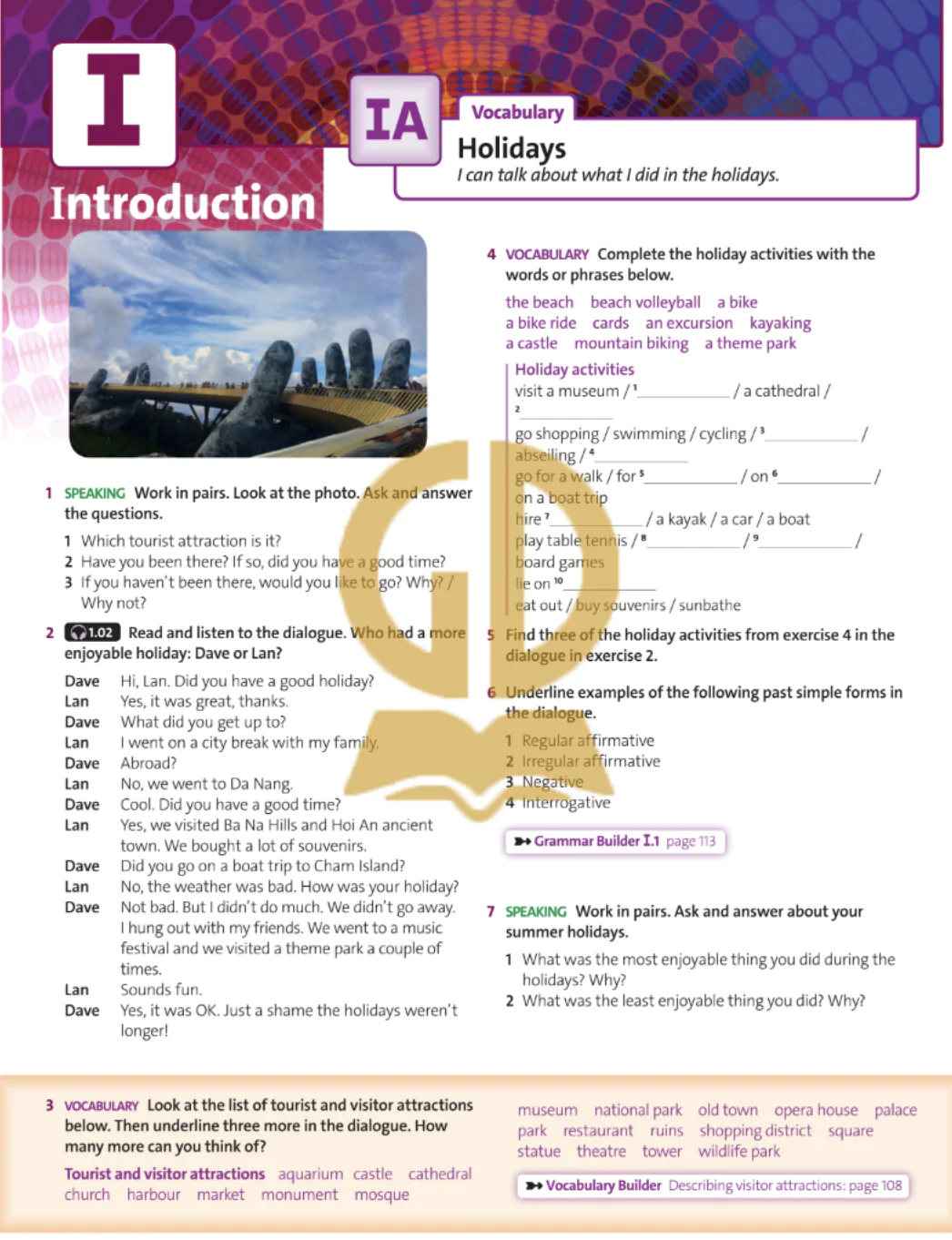
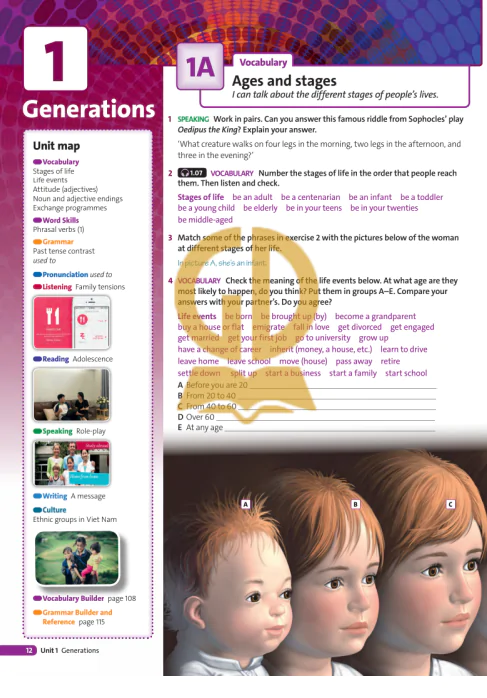
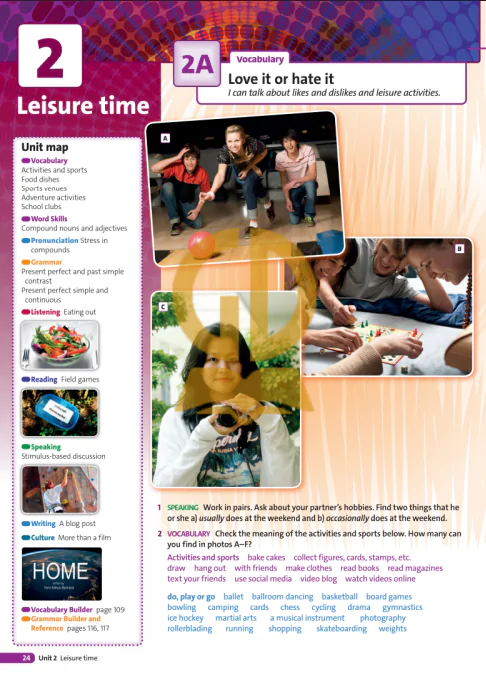
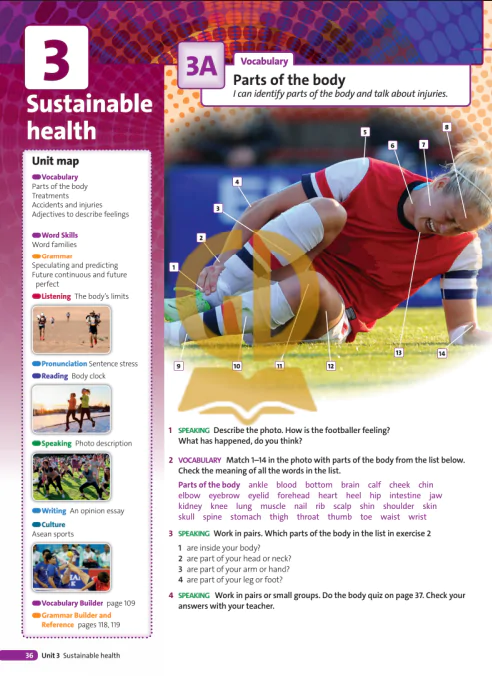
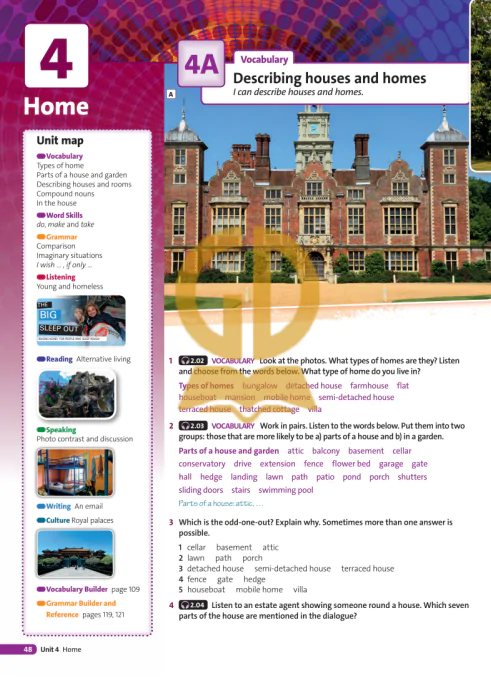
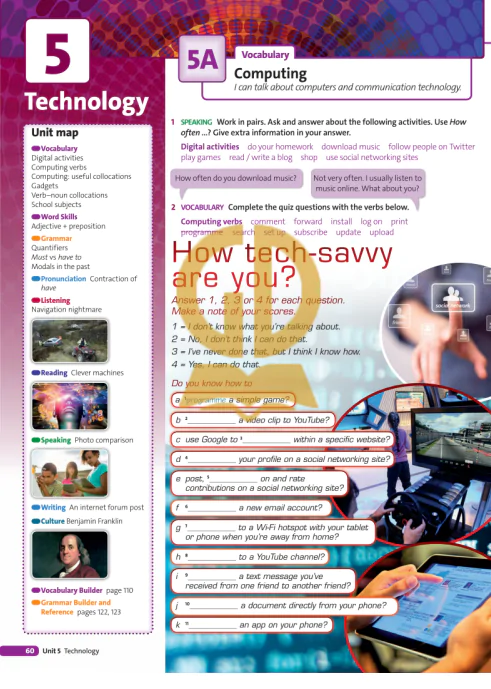


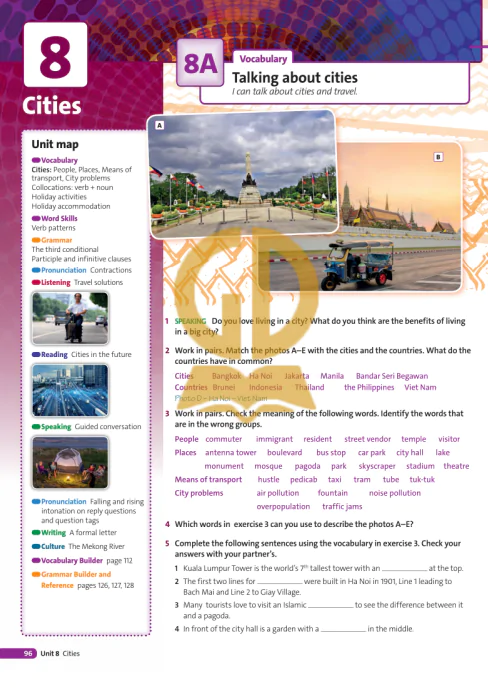

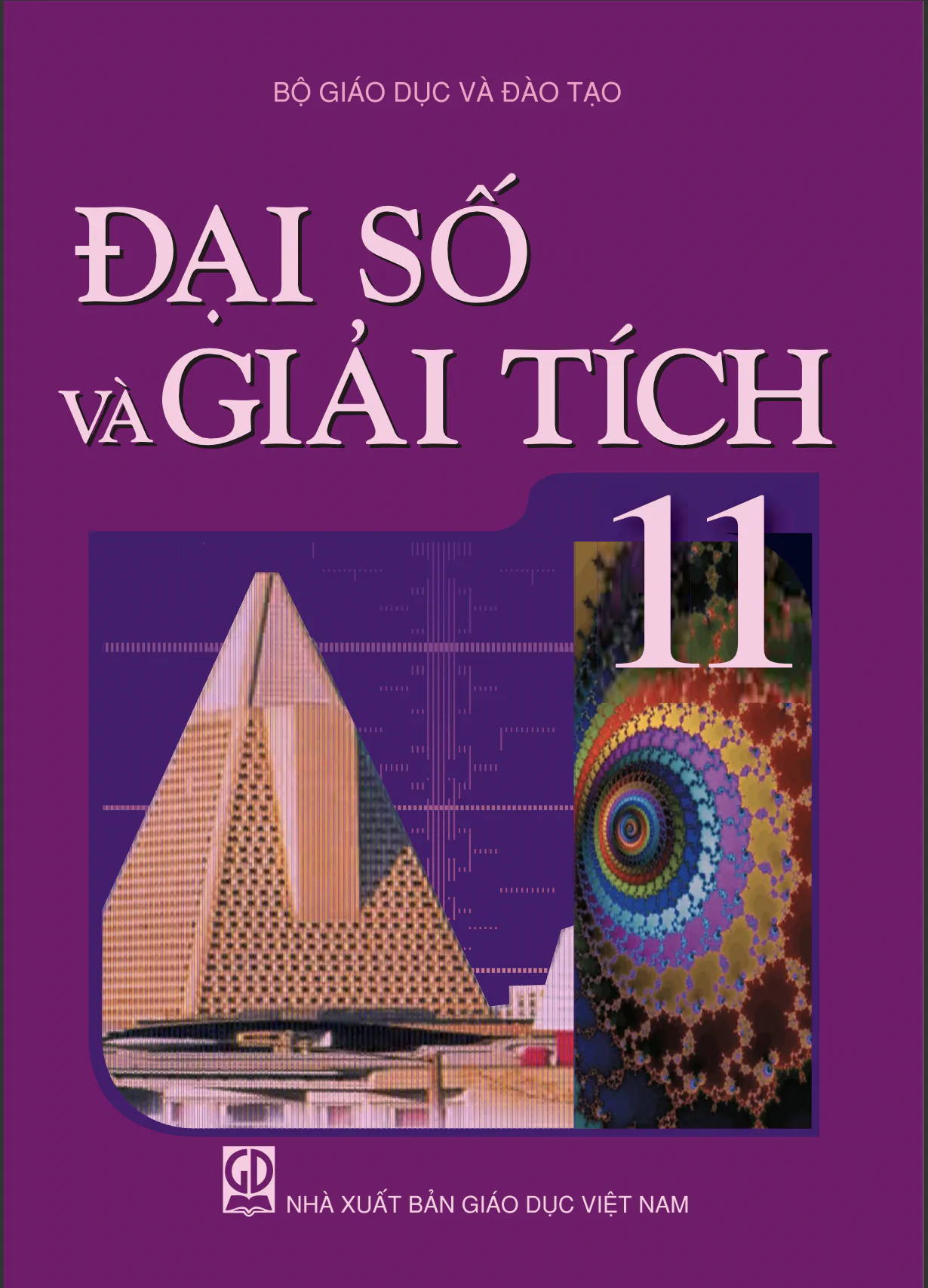

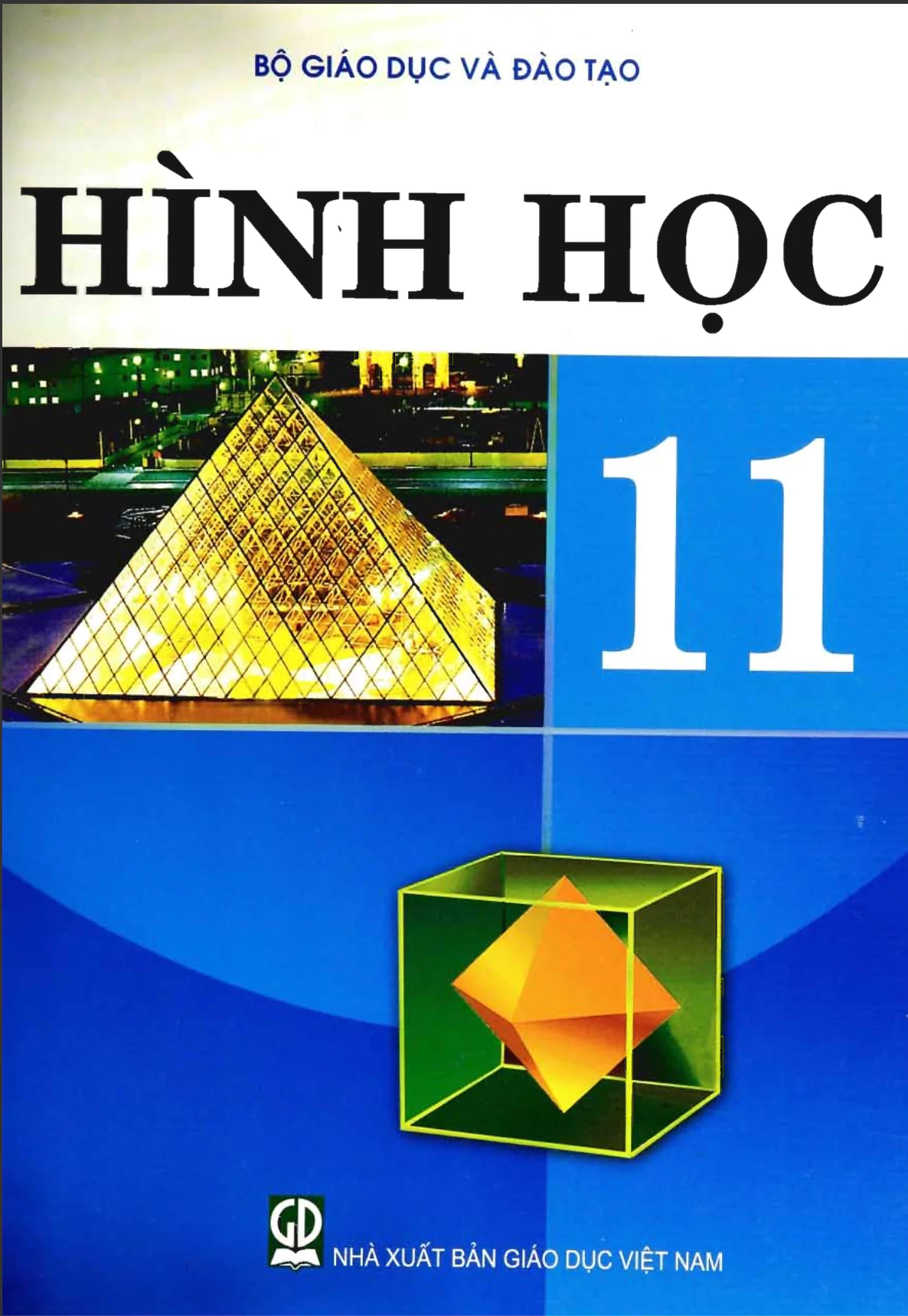

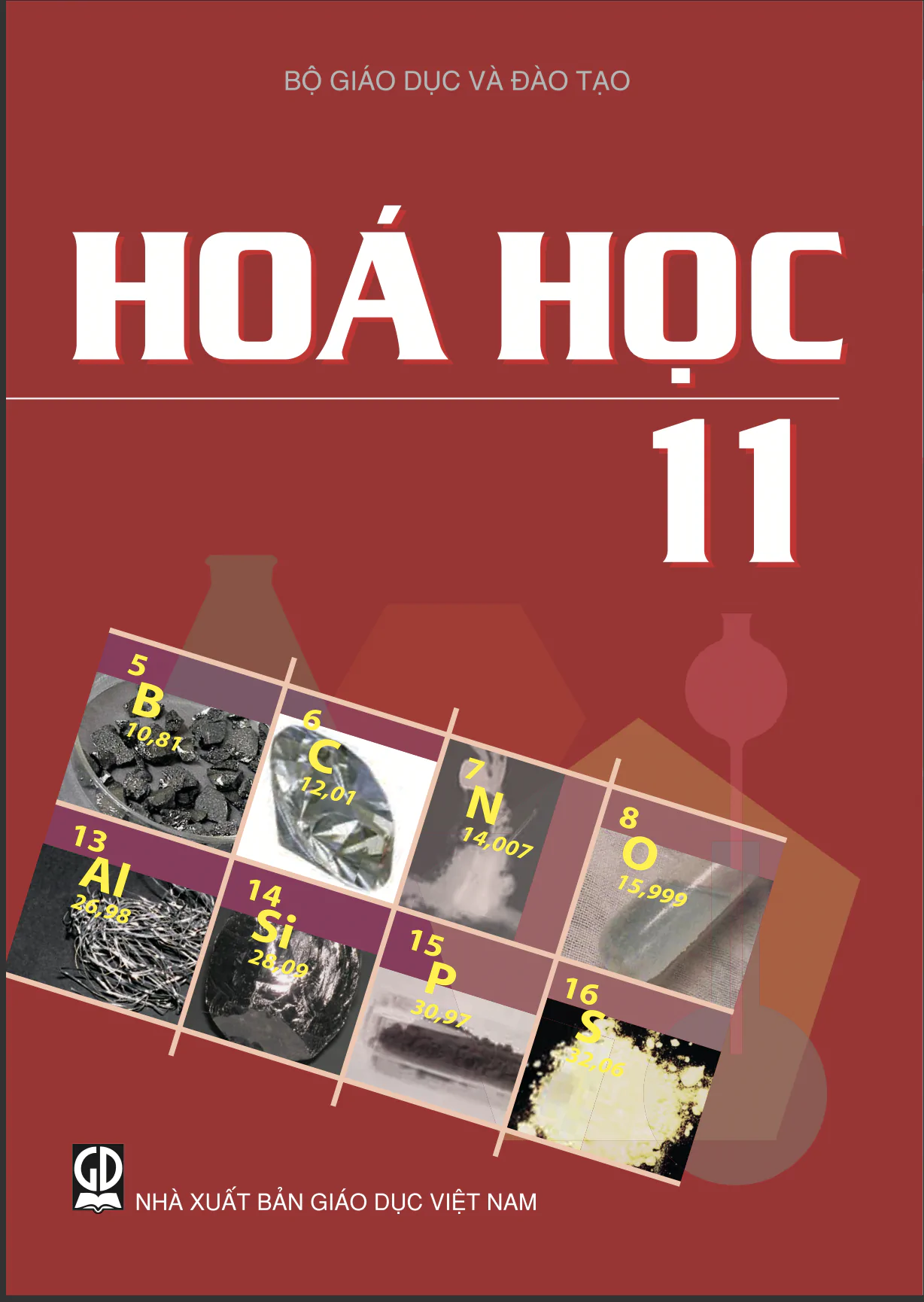

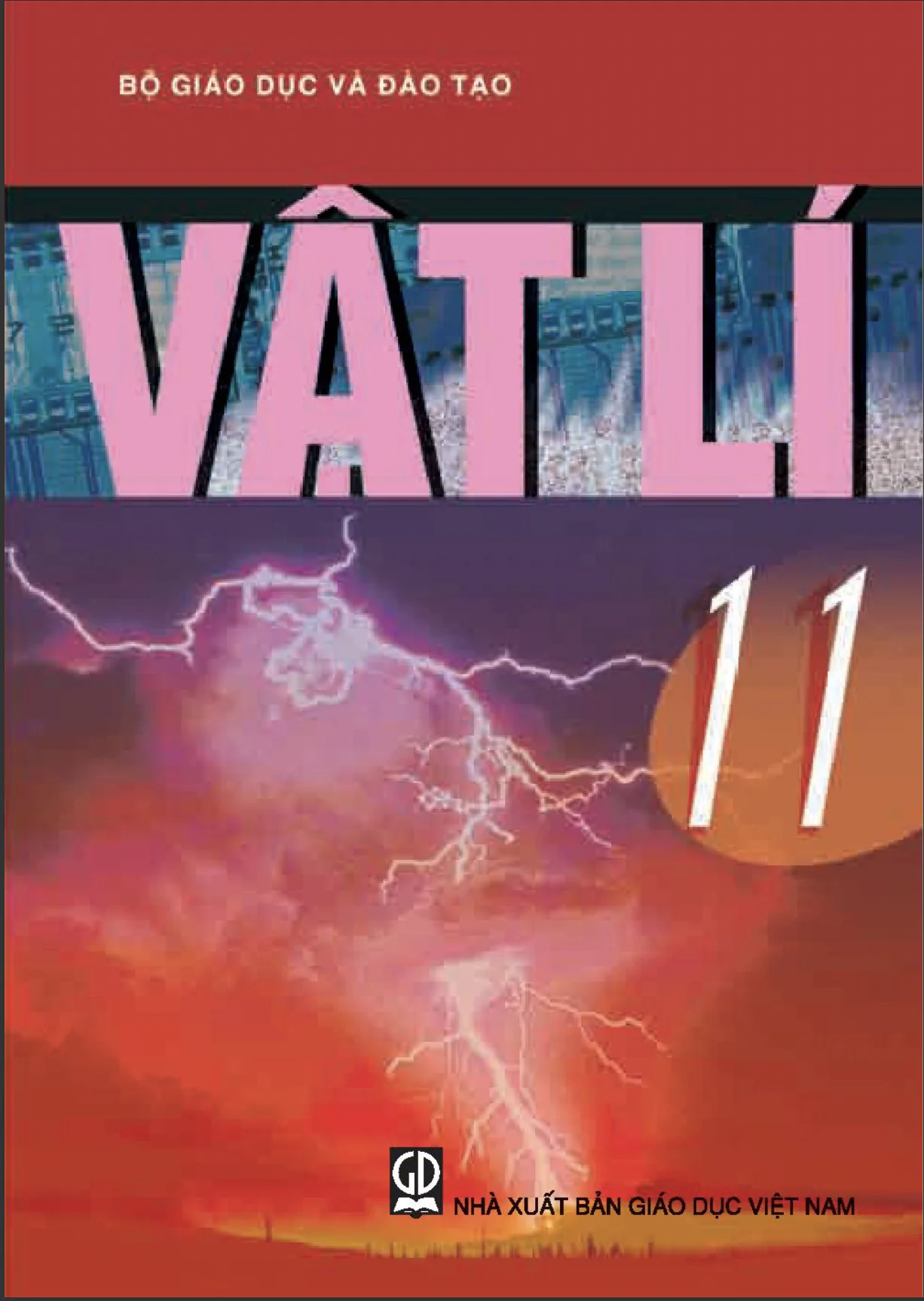
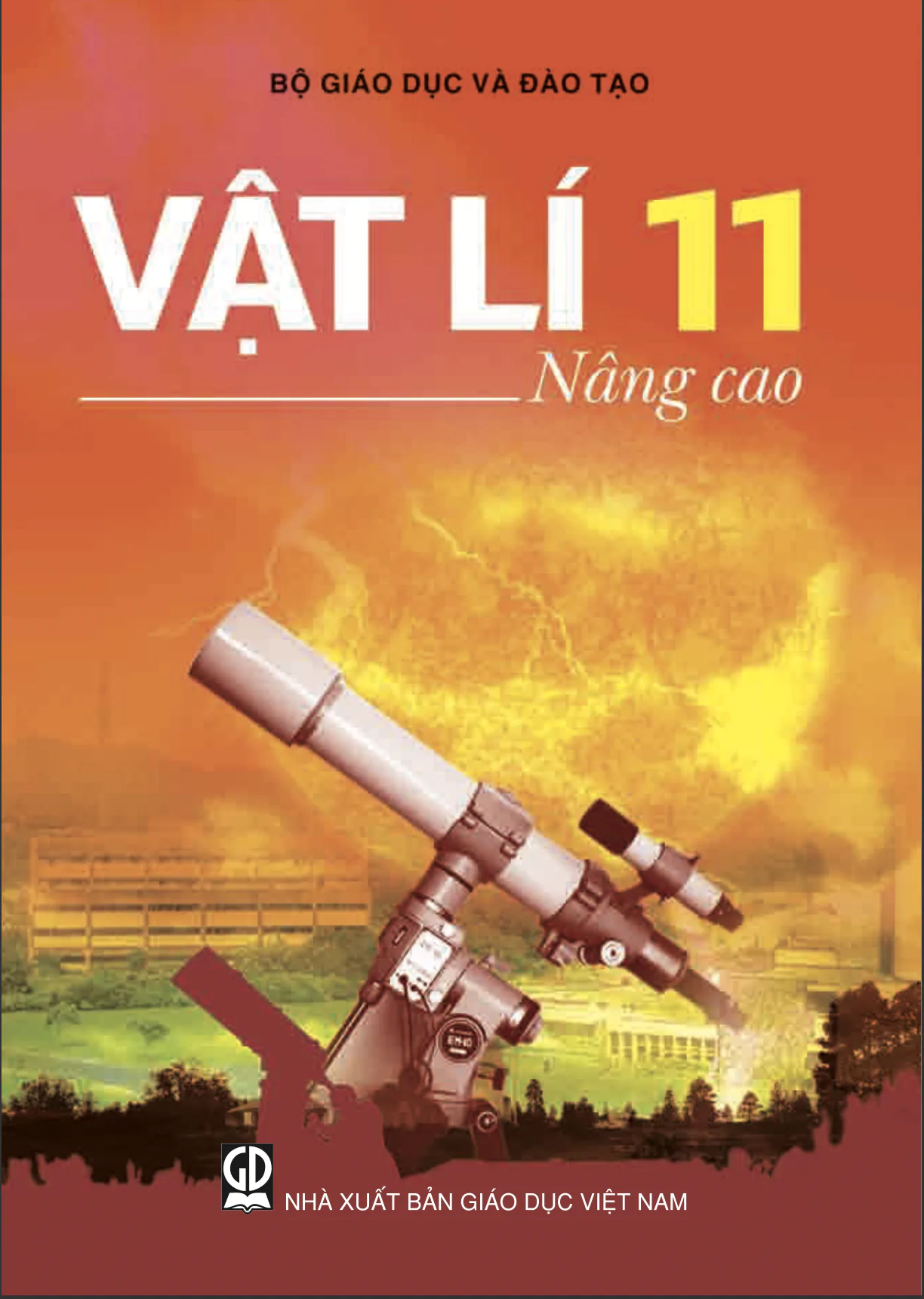
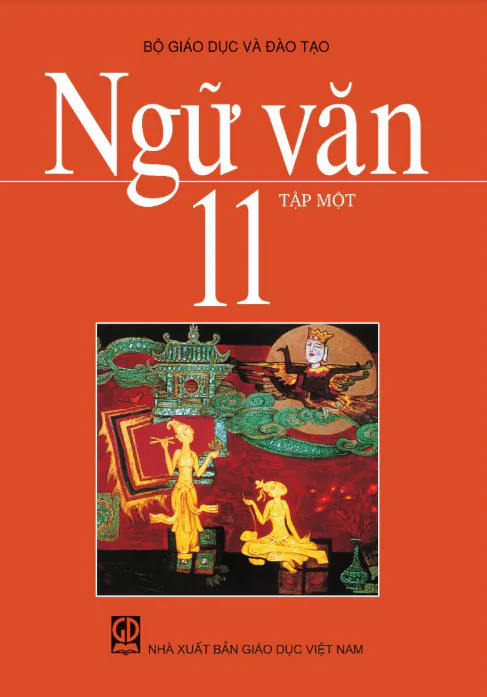
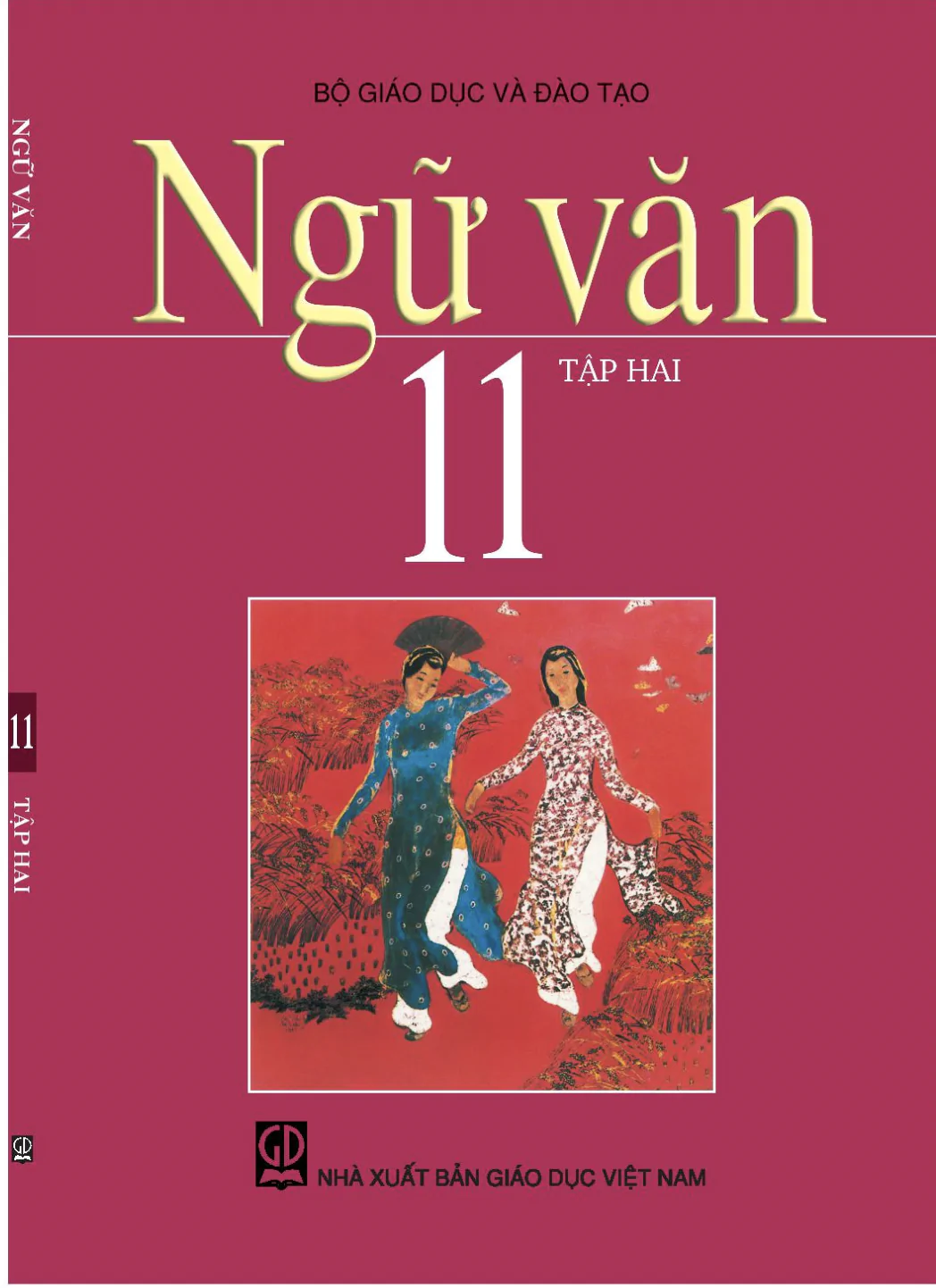



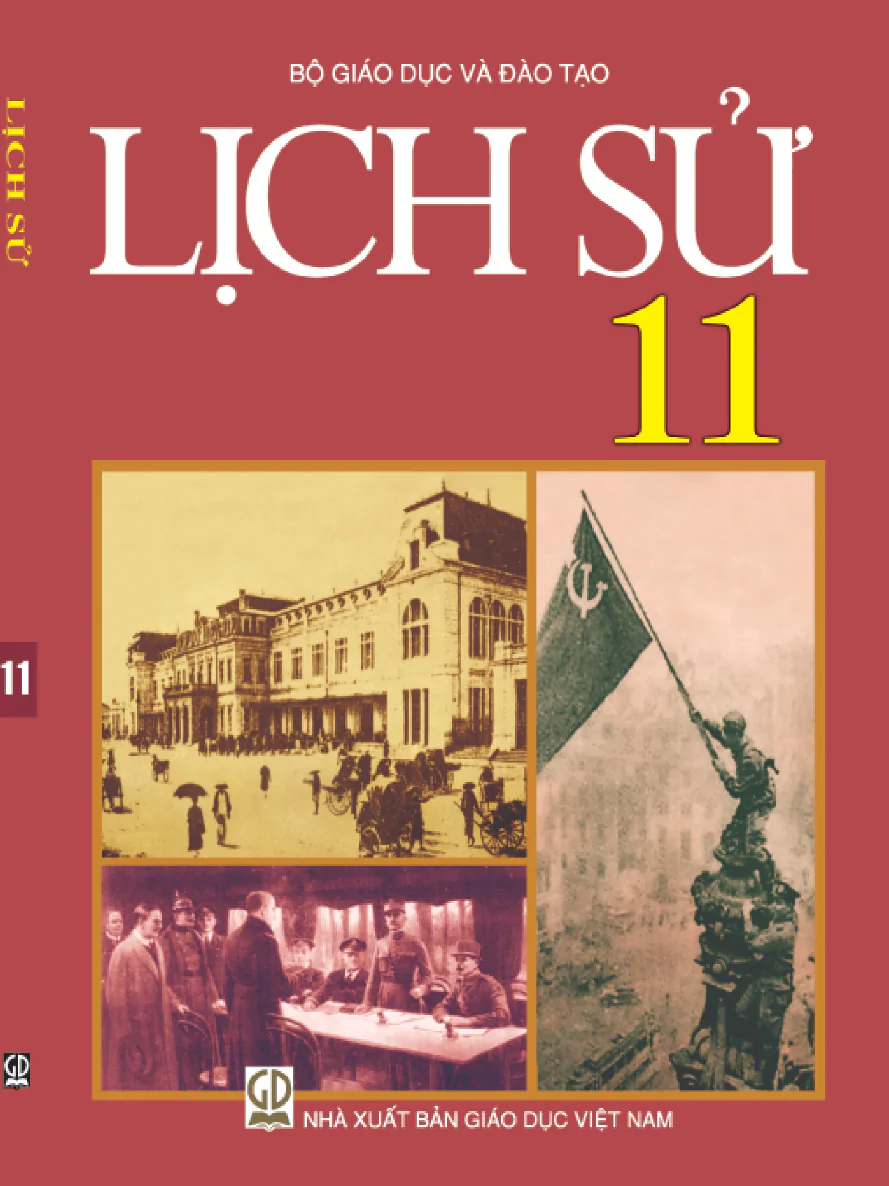
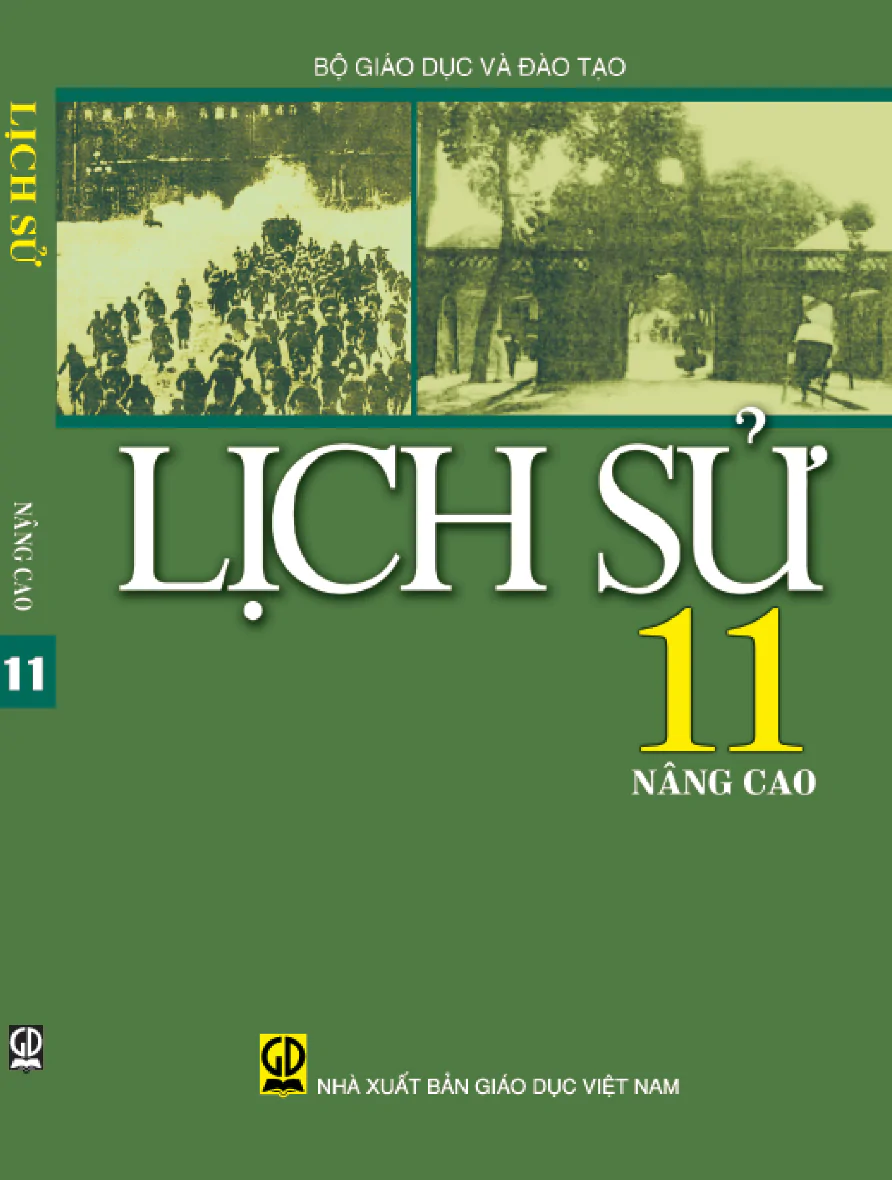
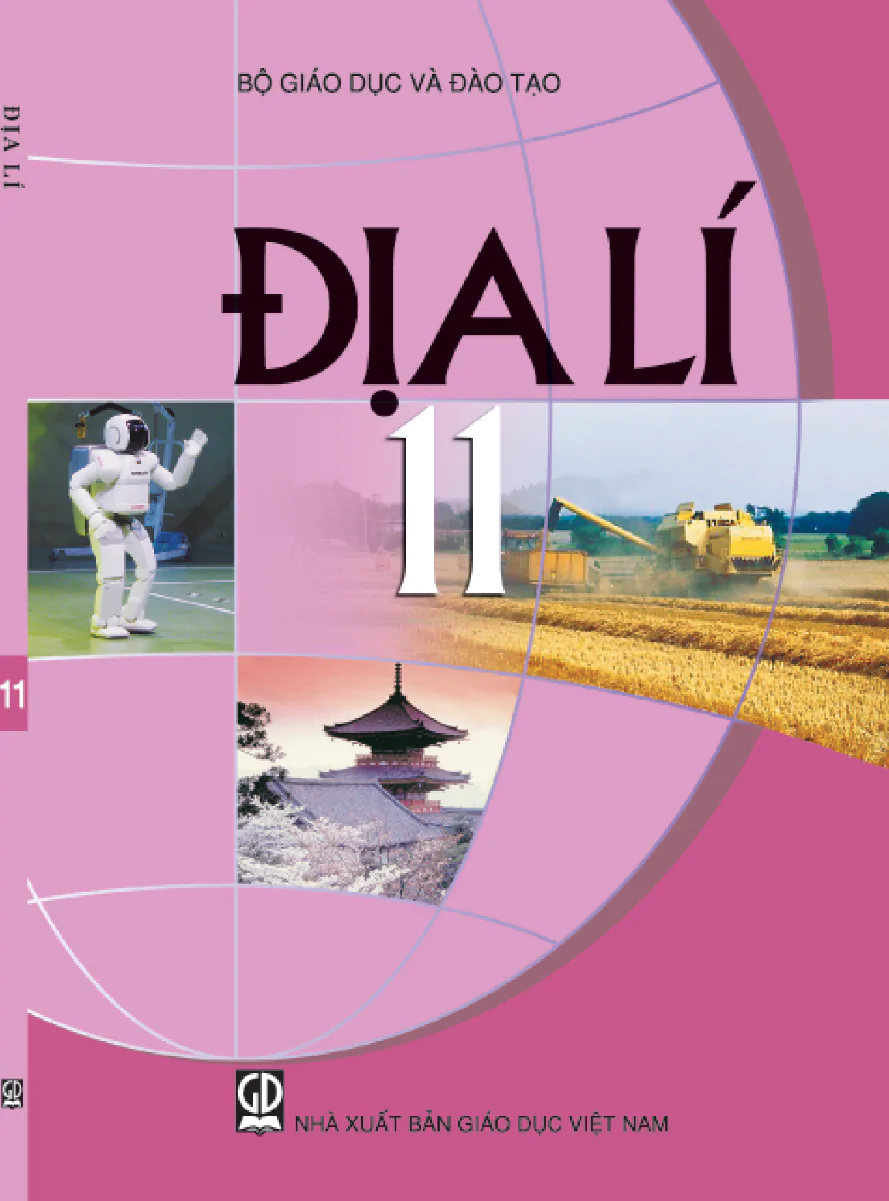

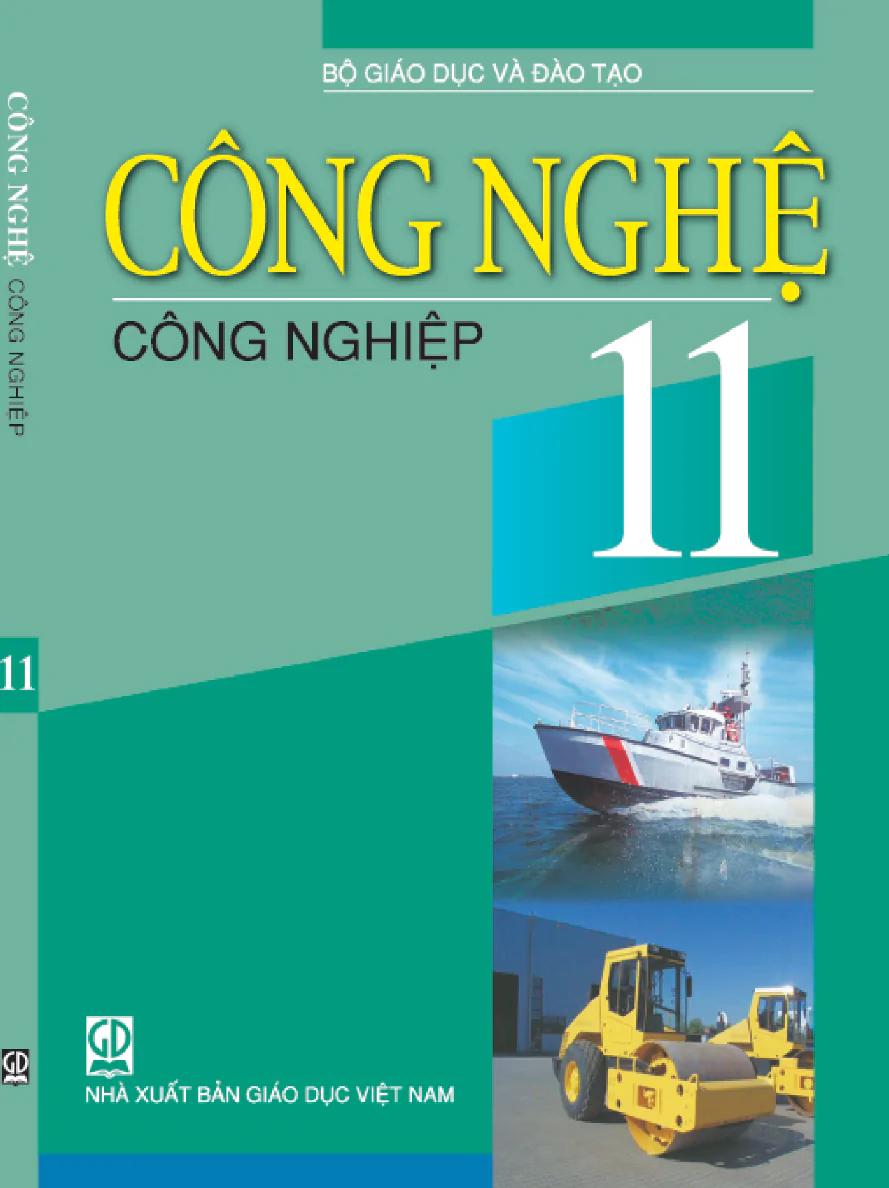
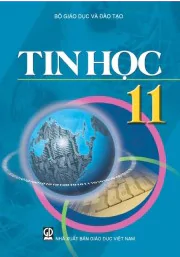
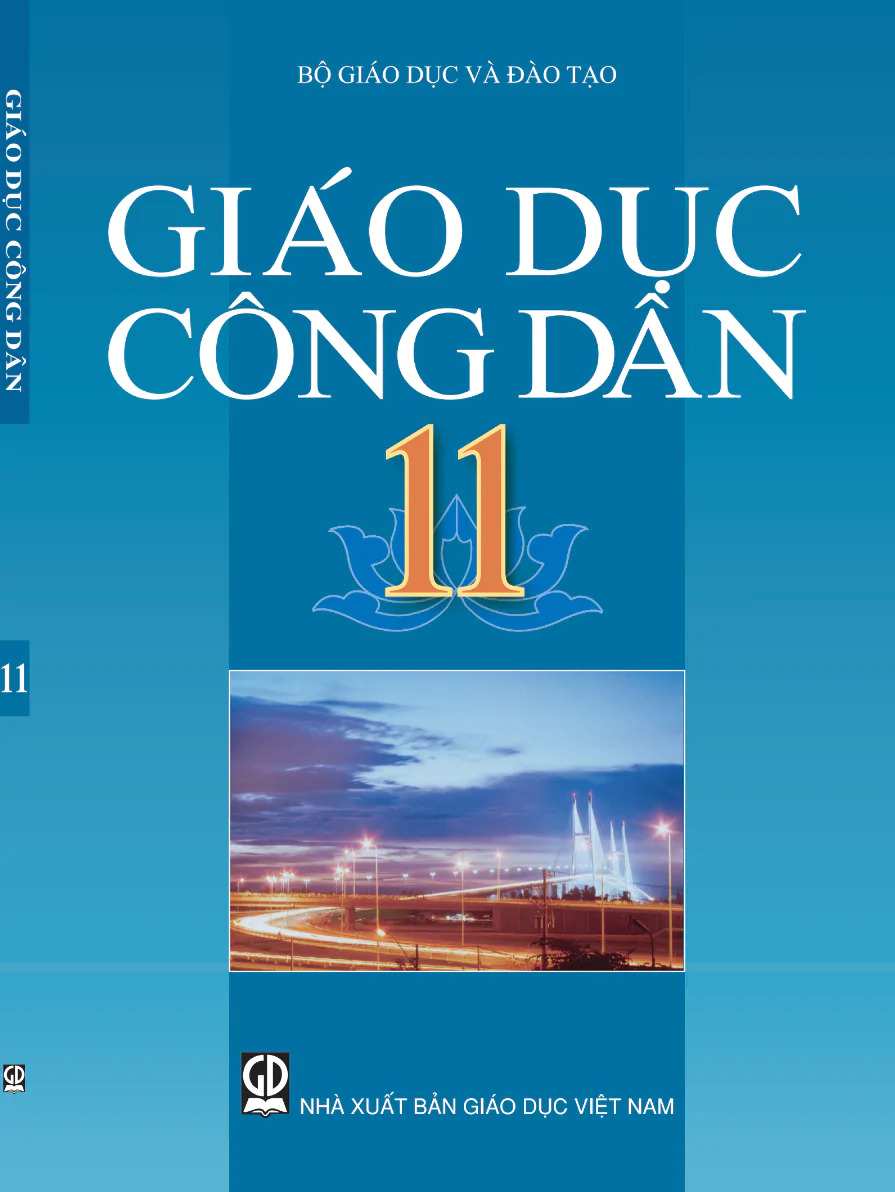


















Bình Luận
Để Lại Bình Luận Của Bạn